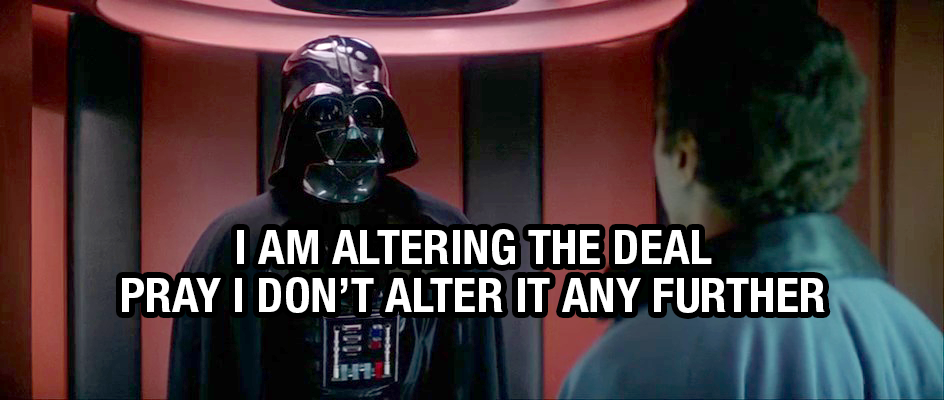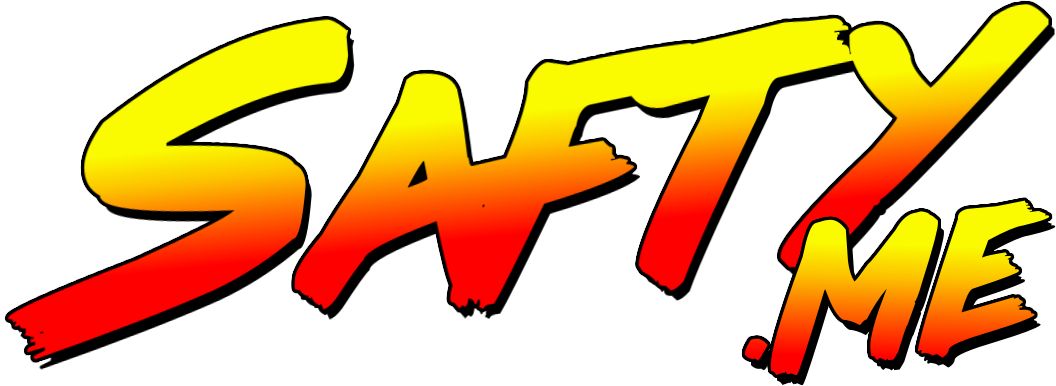Open Source is more Important than Ever
The stark reality of the modern Internet is that it is dominated by a very small number of players. The advent of social media, as well as walled garden devices designed primarily as content consumption devices have funneled a bulk of traffic into a small number of sites and services. The promise of a large, diverse network of sites has been mostly abandoned by corporate players who instead want to direct users' attention to ad-ridden, enshittified, questionably moderated megasites where it is nearly impossible to find useful, factual information rather than whatever bullshit their algorithms decide to feed you instead.
This trend has even now spread to search engines such as Google. Rather than actually giving you links to what you want, instead their leadership has decided to feed searchers LLM driven "summaries," which is mostly comprised of content ripped off directly from other sites. Often times these summaries include information that is factually wrong, patently absurd, or in the worst cases actively dangerous. Even if you choose to bypass this, the regular search has long been filled with links to sites run by Google's top advertisers or terrible content mill generated garbage. The enshittification of the Internet has been in full swing for a while, and the LLM bubble has already made things significantly worse.
To add insult to injury, what used to be fully functional software suites have been reduced to perpetual subscription services with dumbed down user interfaces. These services constantly add features nobody asked for (and that you can't opt out of), while often reducing or eliminating useful features for power users or anyone who wishes to be empowered by technology rather than to be subservient to it. No proprietary service is fully immune. A new owner could also step in and jack up the price while gutting development of new features or support, or even turn an online messaging platform into an online Nazi bar which also steals the work of independent creators under the guise of "training AI."
Once a big tech vendor or service feels sufficient lock in has been achieved, the risk of of them altering the deal with little to no notice, providing users who don't like the new terms scrambling to find an alternative increases. It could be a streaming platform significantly reducing revenue sharing, a proprietary game engine suddenly jacking up licensing fees (and trying to apply them retroactively), an e-book platform silently removing or editing text in titles already purchased, or in the worst case deciding to sell users out to authoritarian regimes.

In today's climate, open source alternatives that can be run locally and independently are increasingly important. Software suites such as Krita provide comparable features to subscription-based alternatives. Game engines such as Godot are comparable to more popular tools, especially for the needs of smaller devs. Even LibreOffice is generally comparable to the most popular office suite for the needs of almost all common use cases. Federated, decentralized social media services serve as an alternative method to communicate online, on top of long standing blogging and forum software.
We even have open source / open standard hardware, which will also certainly become increasingly important as more and more major hardware vendors conspire with proprietary OS makers (when they aren't one in the same already) to lock down devices in order to further entrap users into endless subscription ecosystems.
Voices in the open source community have been warning us of the current computing climate for decades. Richard Stallman has been proven right, repeatedly, as companies have used blatantly draconian copyright laws to try to increasingly limit what users can do with software and hardware they've purchased. Works of fiction describing the dangers of proprietary lock in, such as Unauthorized Bread by Cory Doctorow, are no longer pure fiction. Open source is not just a necessity for users who wish to retain their own digital sovereignty, but is increasingly needed as a means to fight authoritarianism everywhere.
While it is always good (in my mind) to use an open source alternative where available, here are my thoughts about when you* should start seriously start considering open source alternatives:
- When a piece of software you uses tries to transition from a local / on prem version to a "cloud" / "SaaS" based iteration.
- If the company making a piece of software you use is bought out by a larger company.
- If there is a push to have you sign up for an online account for something that should not logically require it. This includes word processors, digital editing tools of any type, or even your operating system.
- If a software vendor shows a willingness to sell out users to authoritarian regimes or give up data to law enforcement without a warrant.
- When your software vendor starts pushing features that obviously breach privacy or try to exfiltrate your data, especially if you cannot opt out.
- A vendor pushes you to stream content from their servers rather than store and run it locally.
* These are thoughts for consideration for regular users. Enterprise environments are complex and require careful consideration to determine where open source solutions are viable, and make determinations on if self-hosted or SaaS solutions make sense for the particular needs of the organization.
Obviously, this is easier said than done for many people. Open Source solutions often do force users to actually learn what they are doing in order to install and configure them. This is an increasingly tall order for people who have been intentionally rendered computer illiterate by "smart devices," but it is not insurmountable, and ultimately beneficial. Installing Linux is significantly easier than it was in 1999, and once one learns the basics and experiences a system that works for them rather than the OS vendor, it is easier for them to appreciate the importance of data sovereignty. Even if we're stuck on Windows or MacOS for one reason or another, there is still plenty of open source software that will run on it (for the time being, at least). This will allow you to wean yourself off of the OS vendor's ecosystem and will make switching easier for you later.
On the mobile front, it is admittedly a more difficult task. There are solutions such as the Pine Phone and Fairphone which are serviceable, and often have the added privacy benefit of being able to truly turn off the camera or GPS. I believe these are worth looking into if you're tired of Apple and Google's shenanigans and don't need to use specific applications only available on those platforms. Personally, I believe we as a society should strongly reconsider our relationship with these devices in the first place as they seriously compromise our privacy as well as our interpersonal relationships.
Even if you can't make the jump to open source, I think it helps to strongly consider the following when making any hardware or software decision. Who really owns your data? Who really owns the content you create? Who really owns the devices you paid money for? Can the vendor alter the agreement, and what can you do about it if they do?
